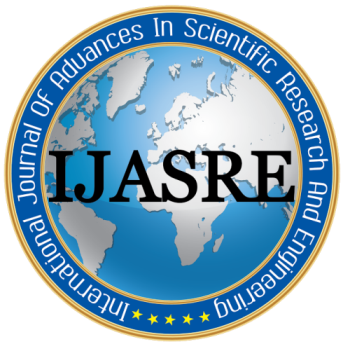Integration of Smart Phones in Teaching and Learning in Second Cycle Educational Institutions
DOI:
https://doi.org/10.7324/IJASRE.2018.32614Keywords:
Cell phone, curriculum, Smartphone.Abstract
Using computers in school for instructional purposes is inevitable. How to integrate smartphones well into school’s curriculum is a very important issue now simply because there are problems that impede the progress of using smartphones in schools. The study was to find out the usage of smartphones by both teachers and students in the classroom and the factors that will influence integration of smartphones in teaching and learning processes. The researcher used the quantitative approach of gathering data for the study. The researcher randomly selected hundred (100) respondents made up of eighty (80) teachers from the three Senior High Schools; Koase Senior High Technical, Istiqaama Senior High and Methodist Senior High and the remaining ten from Ghana Education Service and Microsoft Excel Office Application were used to analyze the teacher’s questionnaire. The opinions of the ten personnel from Ghana education service were obtained from the semi-structured interview.
Studies showed that the students were not allowed to use smartphones in all the Senior High Schools in the Wenchi Municipality. In addition, the study indicated that there is not enough time to develop computer-based lessons and training programmes to increase teachers' knowledge about smartphone use in classrooms. However, the study recommended that government, Research and Curriculum Developers, and teachers need to work together to develop effective policies and educational software applications to integrate smartphones into curriculum and instruction of schools.
Downloads
How to Cite
Issue
Section
License
Copyright (c) 2018 Kwame Baah

This work is licensed under a Creative Commons Attribution-NonCommercial 4.0 International License.







